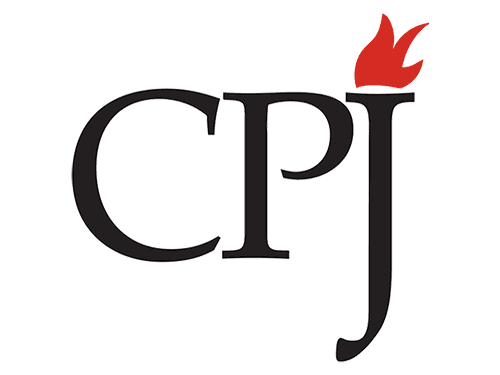A Moscow court on April 13, granted a request filed by Roskomnadzor, Russia’s communications regulator, to block access to Telegram on the grounds that the company had not complied with a 2017 order to provide decryption keys to the Russian Federal Security Service (FSB). In the days following the court ruling nearly 20 million Internet Protocol (IP) addresses, including for Google, Amazon, and Microsoft, were ordered to be blocked as Roskomnadzor attempted to restrict access to Telegram, the statement said.
Thousands of people protested in Moscow today in response to the ban and other restrictions on internet freedom, media reported.
As space for independent media shrinks in Russia, Telegram has become a popular way for outlets to communicate with sources and distribute news, and the app is used as a publishing platform for many media outlets and journalists.
CPJ advises journalists to use messaging apps such as Signal over Telegram, which does not use end-to-end encryption as a default setting.
The coalition–led by the U.K- based freedom of expression organization Article 19– called on internet companies to resist Russian authorities’ demands to comply with the ban. The statement also called on the United Nations, the Council of Europe, the Organization for Security and Cooperation in Europe, the European Union and foreign governments, including the United States to publicly challenge Russia to uphold the fundamental rights to freedom of expression and privacy.
Click here to read the statement in English or Russian.




















































